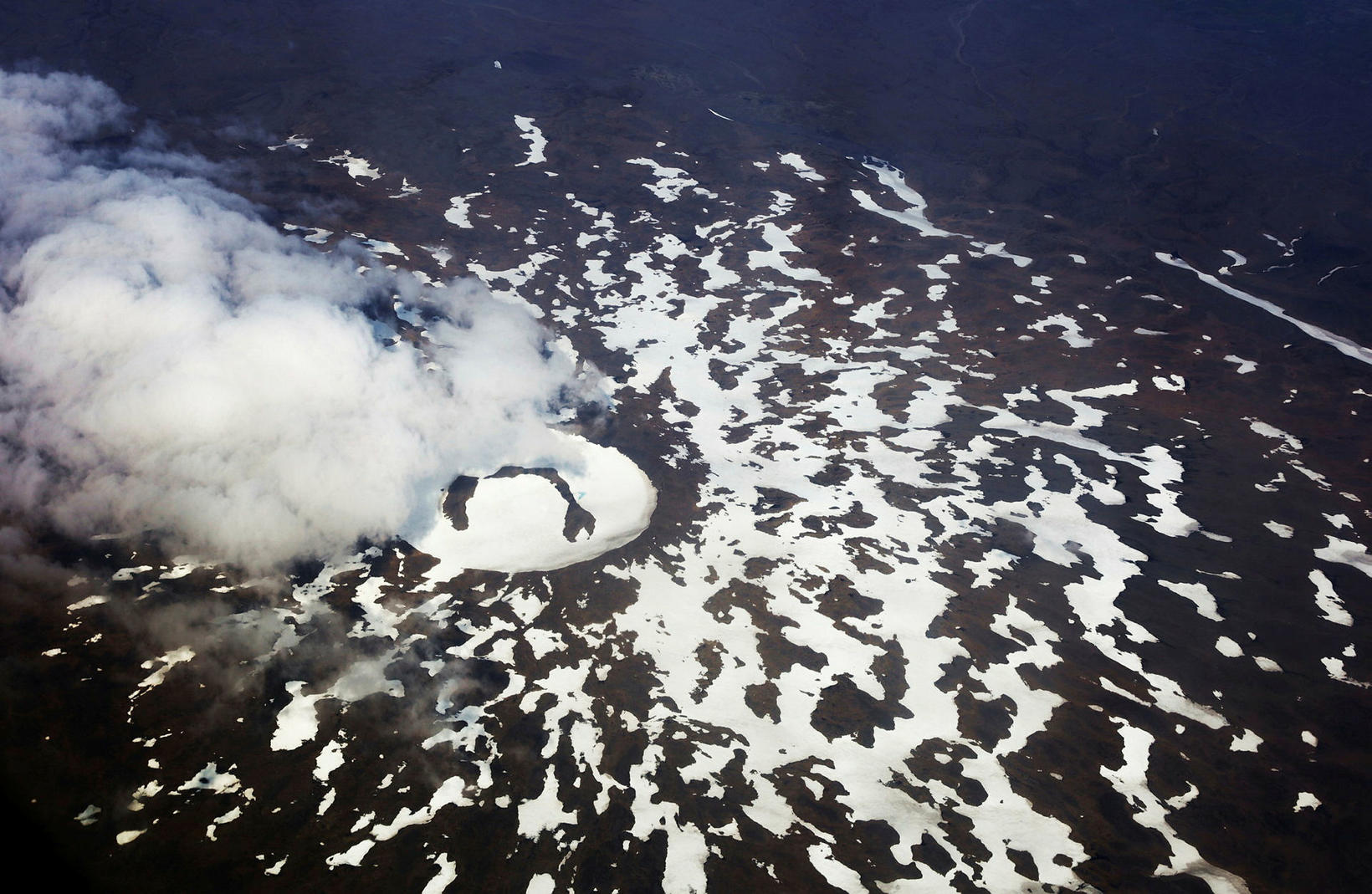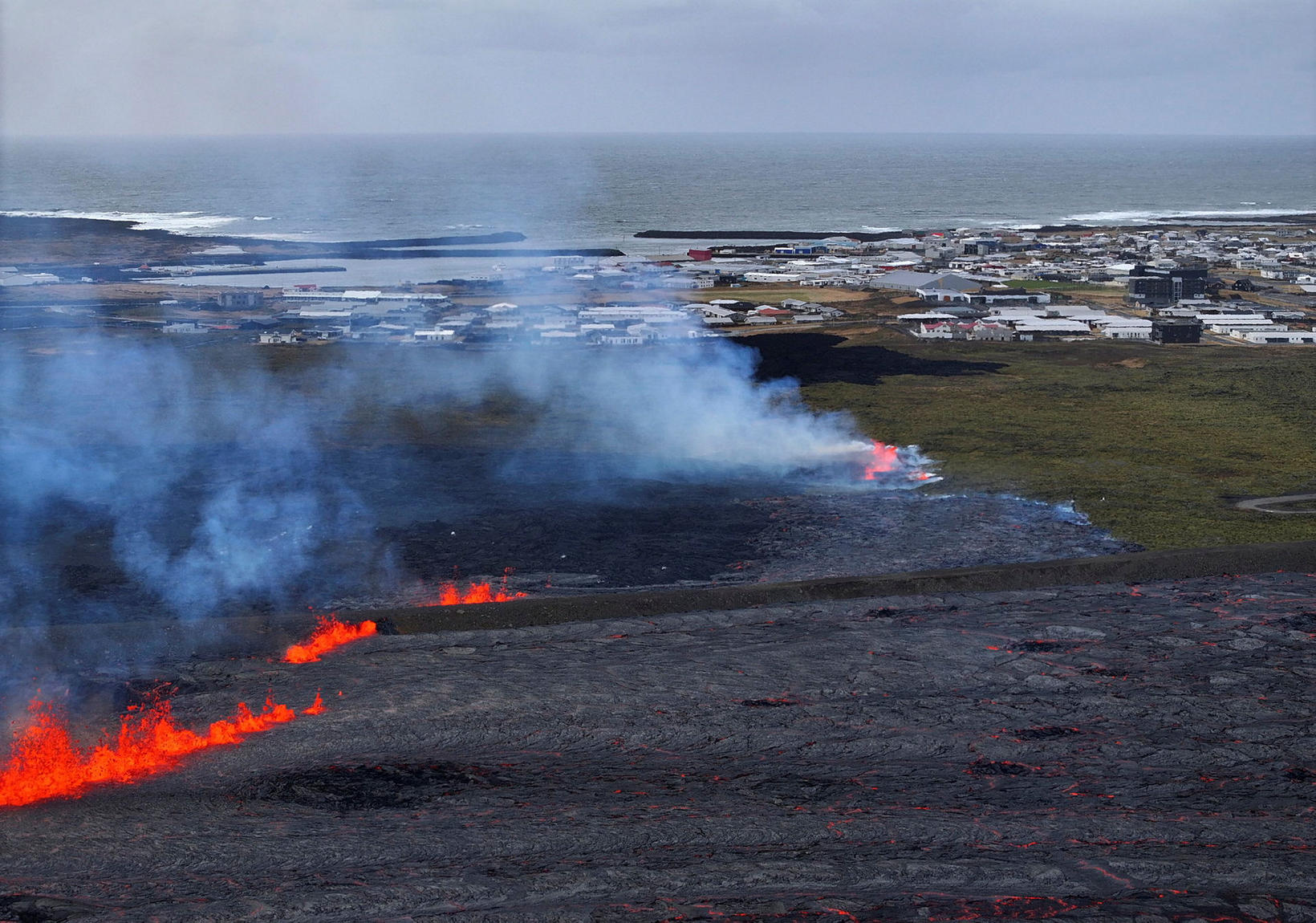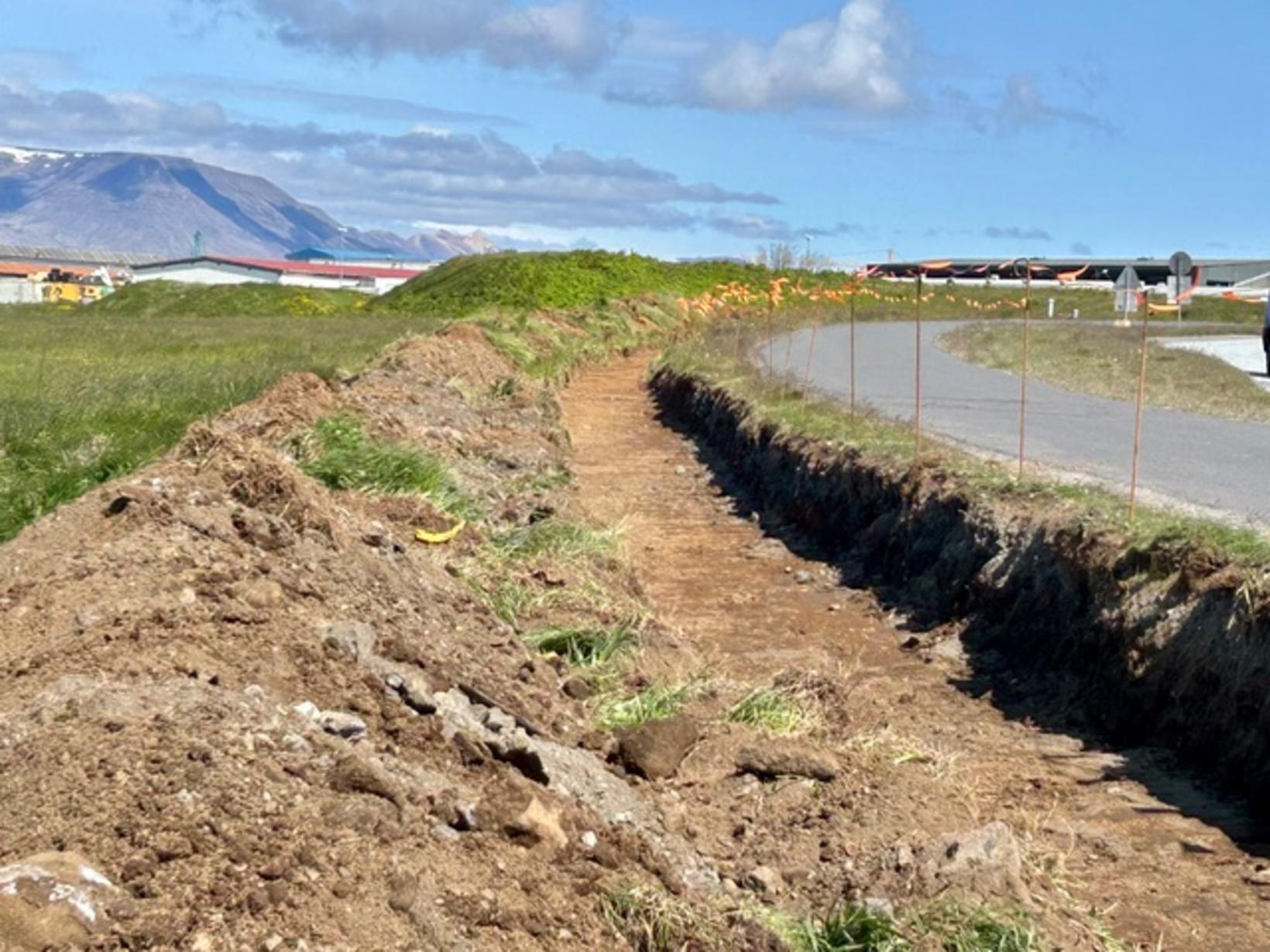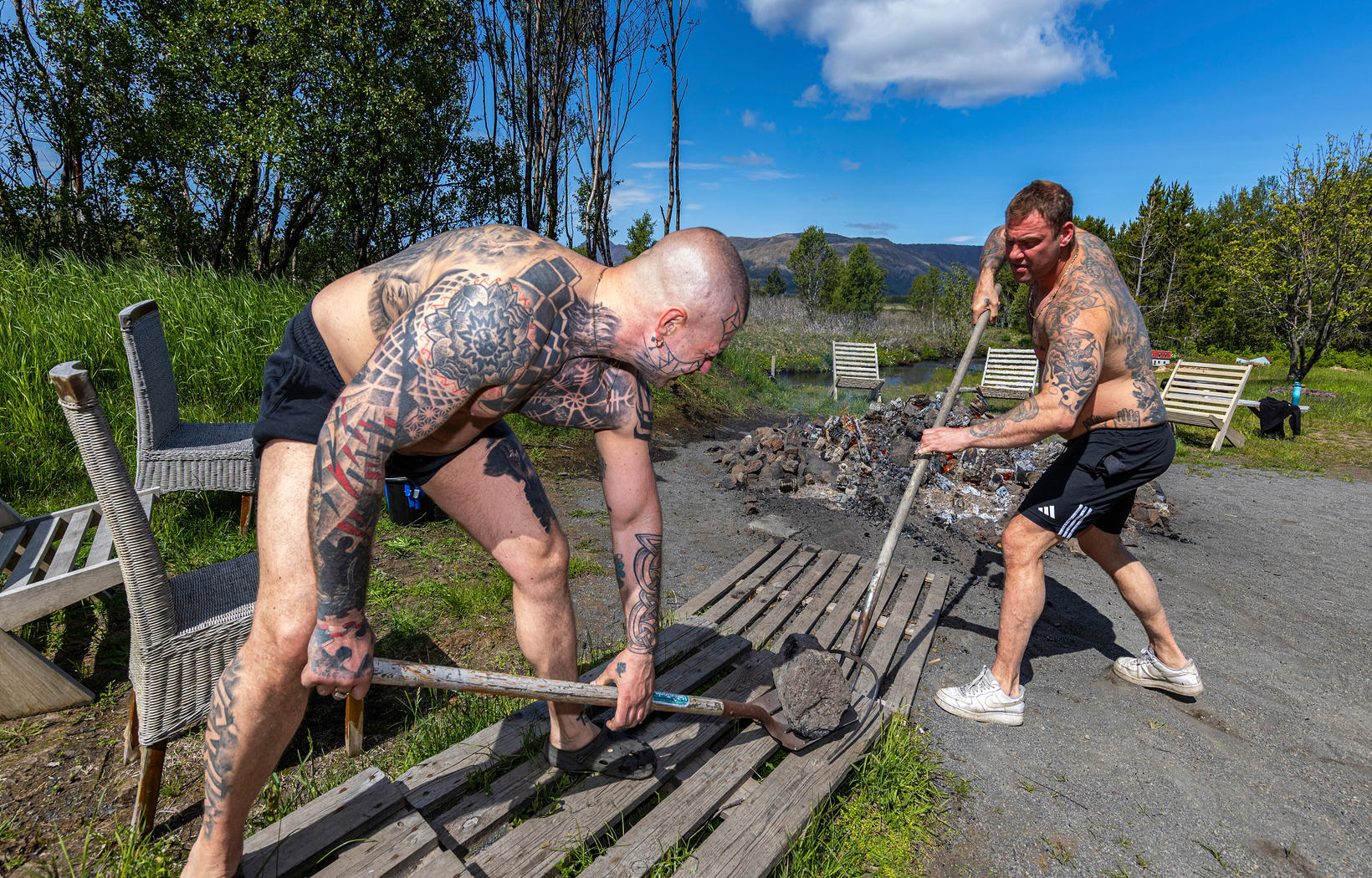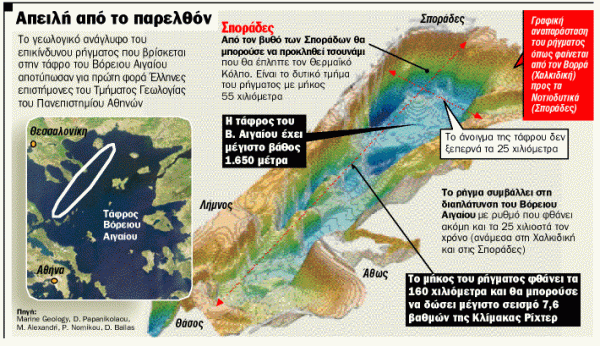Journalists usually ask wrong questions
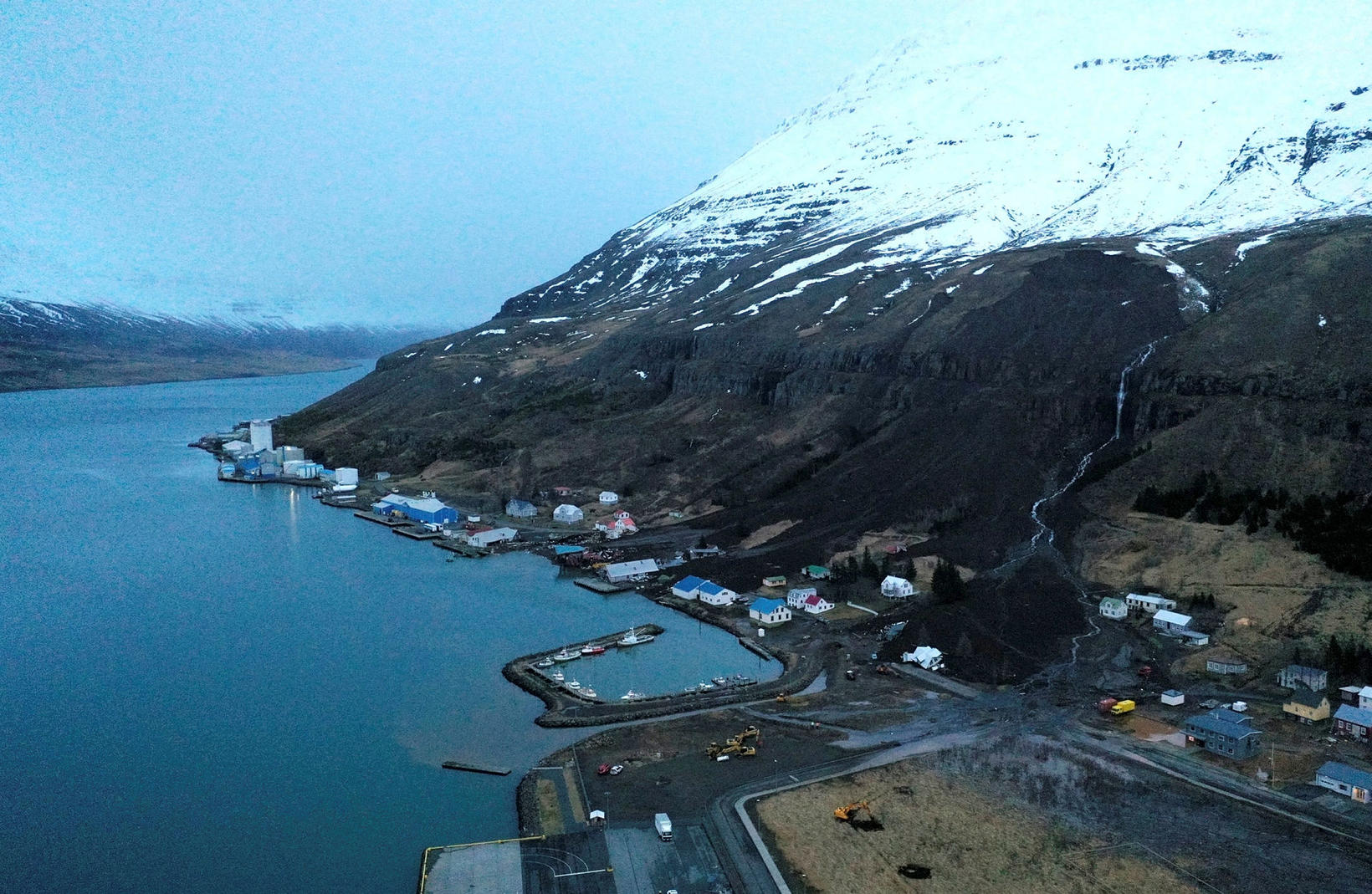
Journalists tend to have a wrong question about climate change and glacial melting often causes a reduction in sea level in Iceland.
This is among those that emerged at the Nordic hydropower conference in GroSka yesterday.
The conference takes place every other year and this time is entitled « Water and Climate Change – Impact and Adaptation. »
It highlights the main challenges in hydrology and the management of the water resource in the light of climate change, including changes in flow patterns, glacier melting, floods, drought and groundwater status.
Guests from 23 countries
About 240 guests from 23 countries attended the conference this time, but one of its keynote speakers was Dr. Halldór Björnsson, who has been at the forefront for over two decades in the development of climate, weather and marine currents.
Halldór gave a talk this morning with Dr. Guðfinna Aðalgeirsdóttir, professor at the Faculty of Earth Sciences at the University of Iceland, where they discussed the results of the Scientific Committee’s report on climate change, which came out at the end of 2023 and subsequently how to work on those results and marine status changes in Iceland.
More complicated than just a mass of losing
The paper stated that the area of glaciers in Iceland has diminished since 1900 by an area of Luxembourg’s area, but Halldór says that the change as this melting, or rather mass loss, selected sea levels around the country is considerably more complex than one would think.
« This is more complicated than just a mass to be lost. There are both glaciers to melt, they put water in the sea, the sea heats up and then it expands, but then it is also decided, very looked, the complexity that is formed here and it is that the mass of the glacier changes the glacier and the glacier changes around the glacier.
« In other words, if we are looking at the local impact here, we need to worry about whether it is Icelandic glaciers that are proposing the mass loss or it is Greenland Glacier or Antarctic. »
This is important when predicting MA flooding off the coast of Iceland, but Halldór and his colleagues have taken this new calculation into the picture in the new climate at the Meteorological Office.
mbl.is/eggert Jóhannesson
Difficult for journalists to hear
Another thing that Halldór and Guðfinna discussed in their speech was the classic question that is often directed to weather scientists when there is an unusually bad or good weather in the country: Is this weather due to climate change?
« The answer is really, which is difficult for journalists like everyone else to hear, this is a wrong question, » says Halldór.
He says the reason is that all the weather, whether it is the boring weather that now exists across the country or the heatwave that was in May, is influenced by climate change.
« All this weather is in some way shaped by climate change because the development of weather in the world is very sensitive to literally minor changes. »
Sometimes the context is clearer
« The problem is that if you ask questions such as » the weather in May is an example of climate change « , it is completely equivalent to a question and asking » the weather today is the result of climate change « . Although we find the weather today miserable and the other great. The question really has to be: « Is such weather more likely due to climate change, could it have happened without climate change? » And so on, ”says Halldór.
In this context, he says that it cannot be ruled out that the heatwave that passed in May had been without climate change, but such heat waves are much more likely because of them.
He also adds that the causal relationship between climate and climate change can be traced more clearly.
« Sometimes we can just say, the sea in the Caribbean is unusual for climate change, it has been confirmed and these hurricanes are therefore stronger. It can be traced without much difficulty, » says Halldór.
Fits very well into expectations
Over the years, it has been wondered whether natural disasters in Iceland, such as the landslides that occurred in Seyðisfjörður in 2020, can be attributed to climate change.
Asked about this, Halldór says that there was certainly a very unusually large amount of rainfall in Seyðisfjörður five days before the landslides, but that it is difficult to prove that climate change has caused it.
« However, what was unusual about Seyðisfjörður at this time was not just this amount, but that the rainfall was falling in the mountains that rain in December and it should not happen. And it is much easier to connect that climate change, that it was unusually hot. »
Finally, Halldór says: « Such things are happening to a great extent. I find it very difficult to assert, for example, that the landslides in Seyðisfjörður have been the result of climate change, but it may not matter.
Okay, which was long said to be the smallest glacier in the country, was delisted as such in 2014, but Icelandic glaciers have lost 19 % area and 16 % of mass since 1990.
mbl.is/Sigurður Bogi

